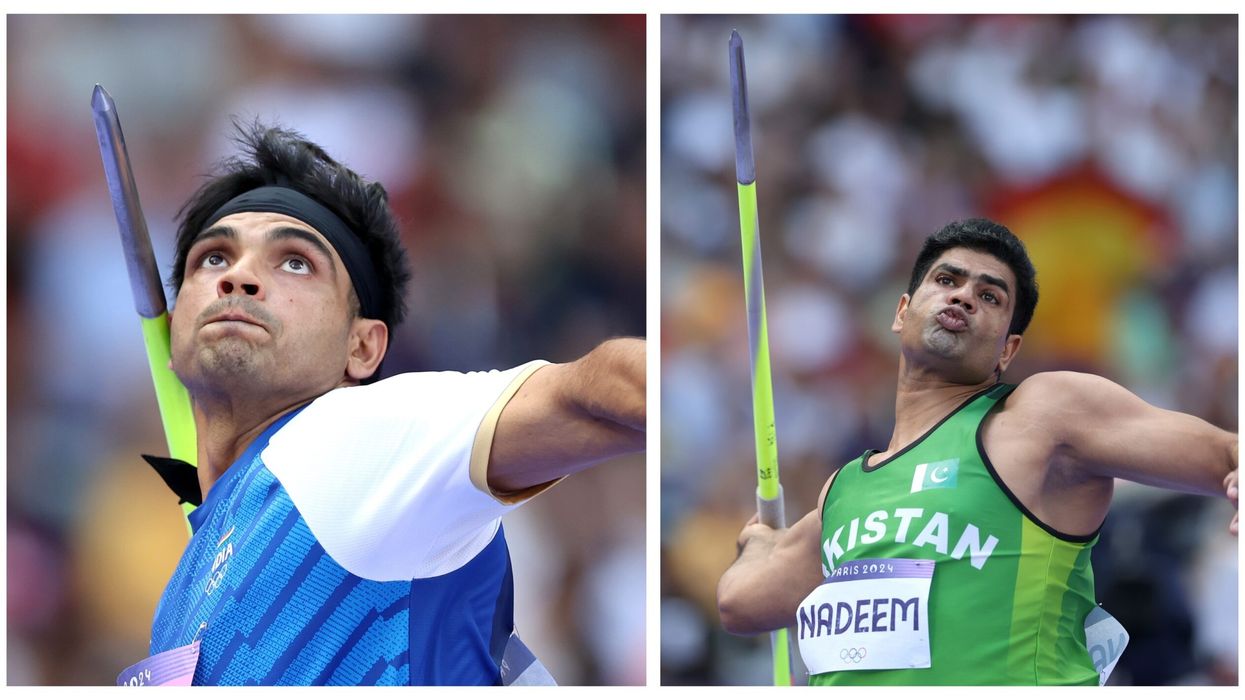SRI LANKA’s new president, Anura Kumara Dissanayake, was sworn into office on Monday, promising to restore public confidence in politics after a major economic crisis led to his victory in a landslide election.
Dissanayake, a self-proclaimed Marxist and leader of the People’s Liberation Front (JVP), took his oath at the Presidential Secretariat in Colombo. He won the election by a large margin on Saturday, defeating his closest competitors.
The 55-year-old politician, whose party had previously led two unsuccessful uprisings, gained widespread support following the country’s economic meltdown in 2022, which resulted in significant hardships for many Sri Lankans.
Dissanayake was sworn in by the chief justice in the presence of lawmakers, members of the Buddhist clergy, and military officials. "I will do my best to fully restore the people's confidence in politicians," he said after taking the oath. "I am not a conjurer, I am not a magician," he added. "There are things I know and things I don't know, but I will seek the best advice and do my best. For that, I need the support of everyone."
Dissanayake replaces Ranil Wickremesinghe, who became president at the peak of the financial crisis. Wickremesinghe had introduced severe tax hikes and other measures under an International Monetary Fund bailout, which ended shortages and returned the economy to growth, but left many struggling.
"I can confidently say that I did my best to stabilise the country during one of its darkest periods," Wickremesinghe said in a statement after finishing third in Saturday's election.
Before the swearing-in ceremony, prime minister Dinesh Gunawardena resigned, allowing Dissanayake to form his own cabinet. The JVP currently has only three seats in the 225-member parliament, but Dissanayake plans to appoint his own cabinet until a new parliament is elected later this year.
Dissanayake has committed to continuing the IMF rescue plan arranged by his predecessor but aims to renegotiate its terms to allow for tax cuts. "It is a binding document, but there is a provision to renegotiate," Bimal Ratnayake, a senior member of Dissanayake's party, told AFP.
Dissanayake’s party has a history of violence, having led two uprisings in the 1970s and 1980s that resulted in over 80,000 deaths. However, it has since renounced violence and remained a minor player in politics until the recent crisis.
The economic downturn created an opportunity for Dissanayake, whose popularity grew as he promised to change the "corrupt" political culture in Sri Lanka. He has moderated some of his policies, stating support for an open economy and not ruling out privatisation.
(With inputs from agencies)


















